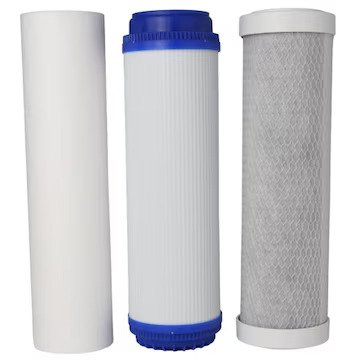
Micron Filtration
Micron filtration is a crucial process used in various industries to remove contaminants and particles from liquids or gases. The term “micron” refers to a unit of measurement equal to one-millionth of a meter, highlighting the incredibly small size of particles targeted in this filtration method.
In micron filtration, a filter medium with microscopic pores is employed to capture particles based on their size. These filters can be made from materials like cellulose, polyester, polypropylene, or other synthetic fibers. The size of the particles that can be captured depends on the micron rating of the filter. For instance, a 5-micron filter can capture particles as small as 5 micrometers.
Industries such as pharmaceuticals, food and beverage, electronics manufacturing, and water treatment rely on micron filtration to ensure product quality and safety. It helps remove impurities like bacteria, sediment, and other contaminants, improving the clarity and purity of liquids or gases.
Overall, micron filtration plays a vital role in maintaining the integrity of products and processes across a range of industries, making it an essential technology for achieving high standards of quality and cleanliness.

